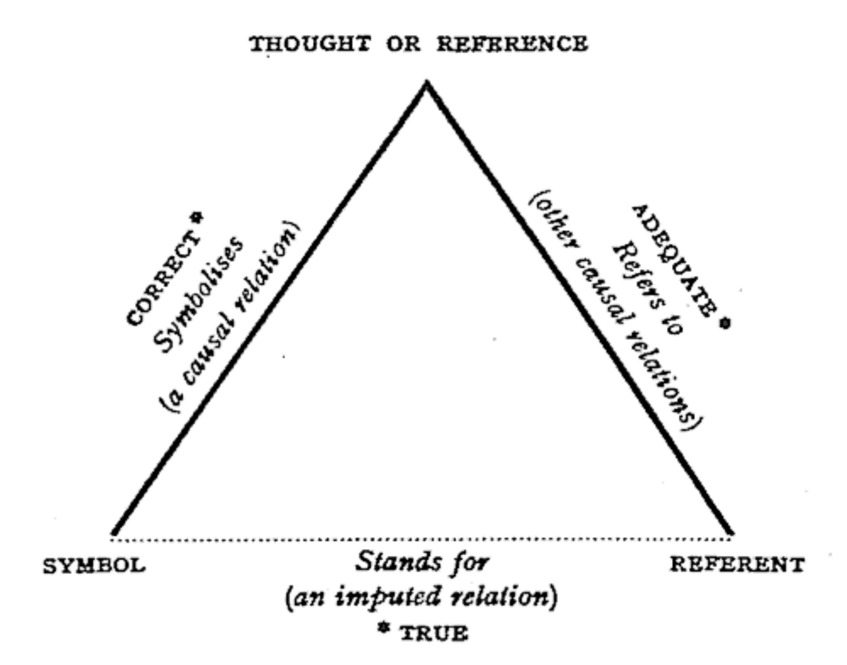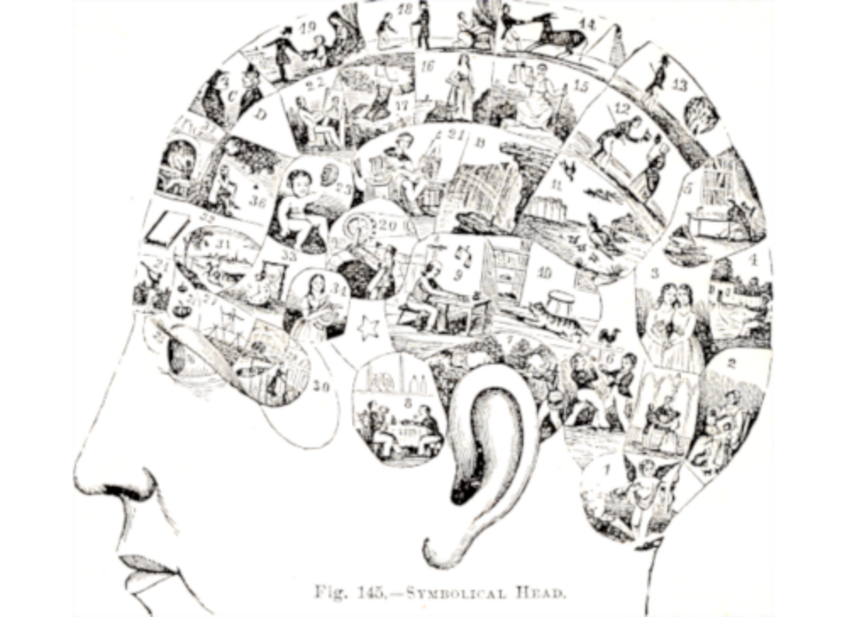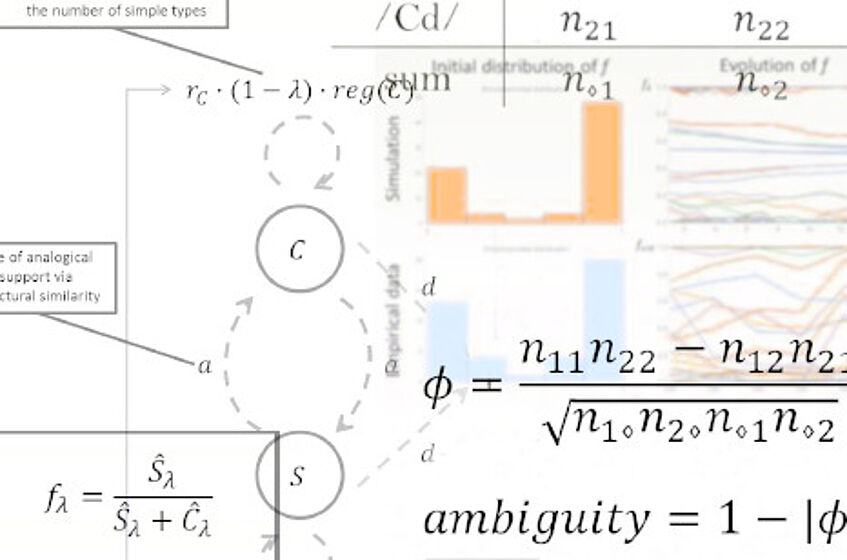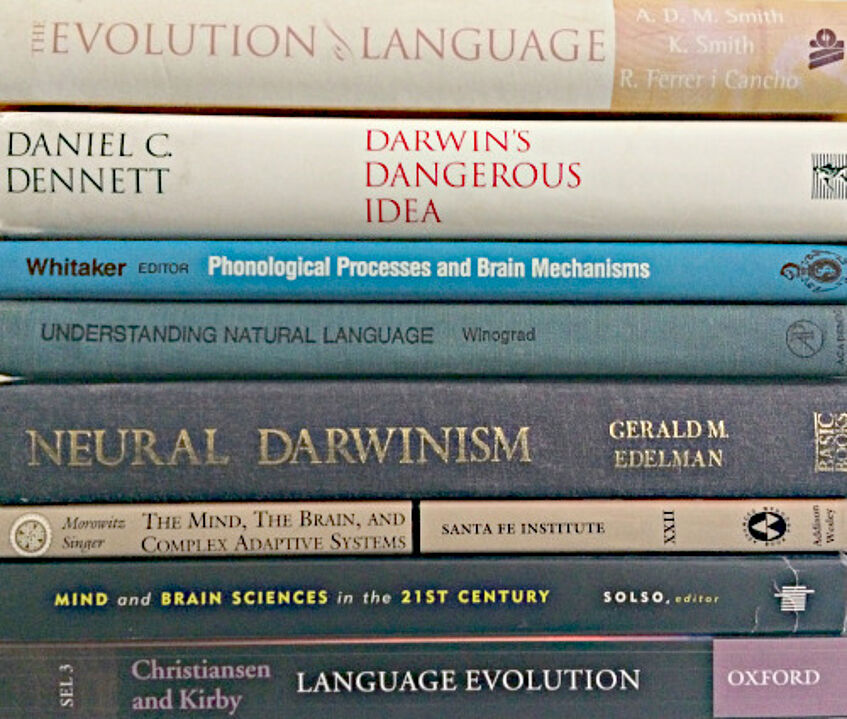NatSIDE
NatSIDE is a research group that is based at the English Department of Vienna University and is concerned with NATuralist Studies In the Diachrony of English. Its general research program is dedicated to explaining the properties of English (a) in historical terms and (b) on the theoretical basis of Natural Linguistics.
About NatSIDE
Languages are understood as mentally implemented and socially distributed competence systems that owe a significant part of their properties to the fact that they have been successfully transmitted among (generations of) speakers.

(c) natside
Although our focus is on linguistic competence, i.e. mind-internal language, the fact that we take historicity to be an essential property of all natural languages implies that we are highly interested in the external expression of competence constituents in communicative usage and in texts. This is because they are crucially involved in language transmission, which establishes language as an inherently historical object in the first place. Our interest in the textual expression of language is reflected in the importance we attribute to evidence provided in the form of digital corpora.
We follow Natural Linguistics in thinking of competence constituents as mental instructions which are successfully acquired by speakers because they are felt to serve their cognitive, expressive, social, and communicative needs and because they are well adapted to the constraints which speaker physiology imposes on the application of linguistic competence in production, perception, mental processing and storage. As we take much of mental processing to be semiotic in nature, semiotic concepts play a central role in our conceptualization of language.

(c) wikimedia commons

(c) wikimedia commons
Since we regard the embodiment of language competence as crucial for understanding its properties, we prefer models of language that are psychologically and physiologically as realistic as possible, given present knowledge of such matters. This is why we take an active interest in connectionist approaches to modelling the mind, for example.
A crucial goal of our research efforts is to deconstruct the notion of speakers as irreducibly subjective and inscrutable agents in the use, transmission and shaping of language. In other words, we try to take a decidedly analytic approach to the study of language rather than refer to hermeneutic methods.

(c) natside

(c) natside
Since we prefer analytic to hermeneutic methods, we view the relationship between language competence constituents and human language users as symbiotic rather than as a relationship between omnipotent active agents and passive mental tools. To the extent that the speech related behaviour of humans serves to transmit competence constituents faithfully enough, we think it is warranted to understand languages as technically evolving systems. Consequently, we regard a generalized version of Darwinian Evolutionary Theory as the most appropriate meta-theory, and take great interest in methods that have proved useful in the study of evolutionary systems (such as game theory, or simulation).
At the core
At the core of our research efforts is the question what factors determine the successful transmission of competence constituents, their spread and establishment in speech communities, and their evolutionary stability. Our particular concern is the disentanglement of physiologically grounded, universal pressures, socio-historically contingent ones involving questions of language contact and social prestige, and system internal pressures which competence constituents exert upon one another and which establish languages as coherent systems of co-adapted elements.
